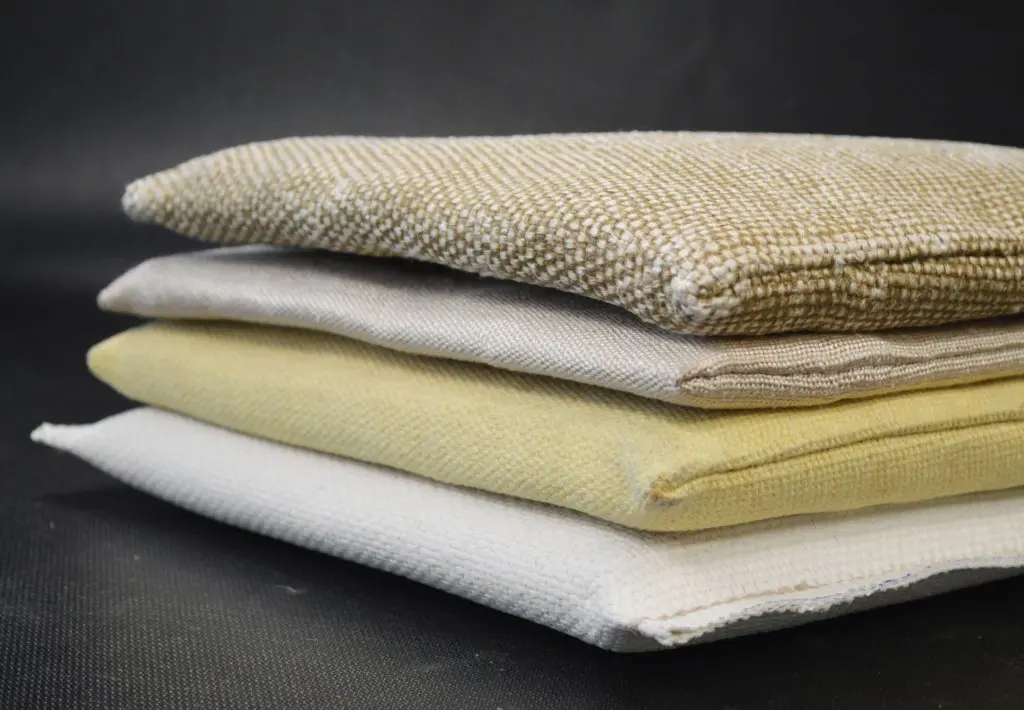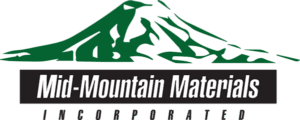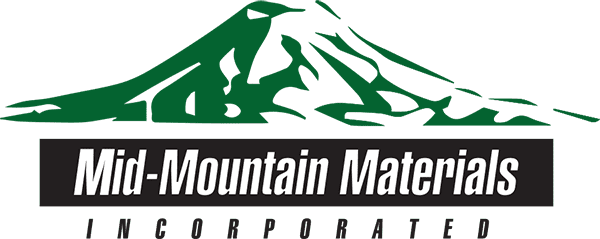Metalworking industries around the world are characterized by high thermal and abrasive processes. Molten metals are heated to refractory temperatures in mantles or crucibles, and transported to resistant molds to form coils, slabs, and plate products. These are then cooled and conveyed through further processing equipment to prepare products for final application. Temperatures throughout these processes can regularly exceed 1000°F (538°C) – but it is the abrasion between metal products and steel components that most commonly contributes to product wastage and scrappage. Tray pads are a simple to solution to this costly and time-consuming problem.

What are Tray Pads?
Tray pads are optional components for multiple metalworking procedures, including for secondary aluminum processing and rolling mills. They are formulated from durable fiberglass fabrics or mats with exceptional thermal and chemical resistances. Often, they may be coated with proprietary refractory minerals to improve application-specific qualities such as molten splash and flame impingement.
What are Tray Pads Used For?
Tray pads are used to create a textile barrier between metal products and steel components such as transport trays and rail cars. Certain tray pads may be used during heat treatment processes to protect metals from abrasion during thermal hardening procedures. Primarily, however, they are applied to protect metals such as aluminum while in transit within a facility.
Interestingly, the conveying process accounts for much of the scrappage associated with metal forming facilities. Surface abrasions and denting, or metal bruising, can occur because of friction between metal products, such as secondary aluminum, and steel conveyors. This is particularly prevalent in sectors where products are still hot while in motion.
Rolling mills, for example, flatten heated aluminum plates to uniform thicknesses by feeding material through steel rollers. When the sheet metal emerges onto the v-rack or conveyor, it can be easily damaged on impact or through mechanical vibrations. This sort of scrappage is particularly painful to the secondary aluminum industry, which has successfully improved its energy efficiency levels to 92% higher efficiency than that of primary aluminum processing – yet it still faces problems from metal scrappage due to conventional manufacturing methods.
Mid-Mountain’s THERMOPAK® Tray Pads have already been implemented in metalworking rolling mills to prove how scrappage can be radically reduced using these simple components. We have shown that metal wastage due to mechanical abrasion can be reduced by as much as 60%, simply by using tray pads. This vastly improved product yield is beneficial to numerous industries, but particularly to the secondary aluminum industry where products are particularly prone to abrasion from contact with steel.
Tray Pads from Mid-Mountain
Mid-Mountain Materials, Inc. is an expert in the manufacturing and supply of thermal insulation and heat treatment components for numerous industrial sectors. Our tray pads have been developed to withstand extreme industrial conditions, and we are proud to offer an established range of THERMOPAK® Tray Pads for your consideration:
- ARMATEX® Firestar 35: a heavyweight fiberglass fabric coated to withstand multiple elemental factors inherent in metalworking industries, featuring a continuous use limit of 1000°F (538°C);
- ARMATEX® QF 40 Clear: a more durable tray pad material with a use limit of 1000°F (538°C);
- CERMEX® MT1000 Fiberglass Needled Mat: a smoke-free fiberglass mat comprised of E-glass fibers with exceptional mechanical stability, featuring a short-term use limit of 1200°F (648°C);
- HYTEX® 700: exceptional tray pad that combines outstanding wear resistance and exceptional tensile strengths, with a continuous use limit of 650°F (345°C);
- HYTEX® 1400: a higher-grade tray pad rated for elevated temperatures of 1400°F (760°C).
If you would like any more information about our tray pads for metalworking applications, please do not hesitate to contact us.

